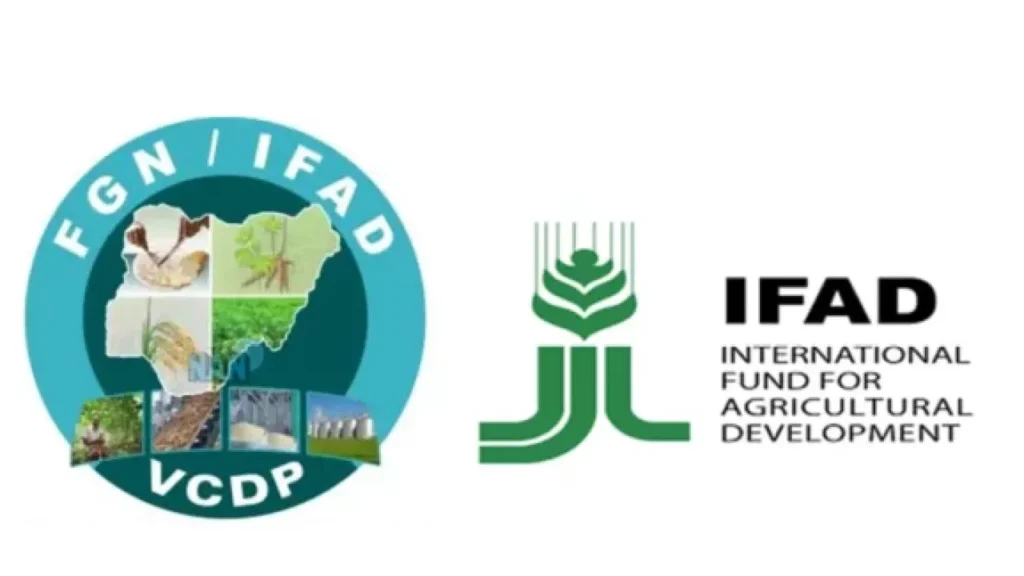No fewer than 456,000 small holder farmers and rural entrepreneurs across nine states in the northern part of the country comprising Borno, Bauchi, Kano, Katsina, Kebbi, Jigawa, Sokoto, Yobe, and Zamfara are to benefit from the International Fund for Agricultural Development and Federal Government of Nigeria’s Value Chain Development Programme.
IFAD official, Dr. Isaac Mensah, confirmed the beneficiary states in Abuja on Wednesday at a complementary studies validation workshop. He said the initiative would ultimately benefit 3.1 million Nigerians. The workshop brought together stakeholders from government agencies, development partners, farmers’ organisations, and civil society groups.
The VCN programme, cofunded by IFAD, the French Development Agency, and the Federal Government of Nigeria, aims to support sustainable agricultural development across nine northern states.
He said: “The project is expected to directly benefit an estimated 456,000 smallholder farmers and rural entrepreneurs, with 40 percent women, 10 percent persons with disabilities, and 5 percent Internally Displaced Persons returnees.
“The initiative will indirectly support approximately 3.1 million Nigerians, contributing to a reduction in poverty, improved nutrition, and enhanced resilience in these communities.”
Director of the Projects Coordinating Unit and representative of the Minister of Agriculture and Food Security, Bukar Musa, in his opening remarks, described Value Chain Programme in Northern Nigeria as a Federal Government initiative aimed at improving the livelihoods of half a million smallholder farmers and uplifting vulnerable populations by strengthening value chains, enhancing agricultural productivity, and increasing access to markets.
“In line with the Presidential Emergency Declaration on Nigeria’s Food Security, the National Agricultural Technology and Innovation Policy, the Food System Transformation Pathways, and the 8-point Renewed Hope Agenda, the VCN will reduce poverty, enhance nutrition, and increase the resilience of rural populations in nine northern states of Nigeria,” he said.
IFAD Nigeria Country Director Dede Ekoue emphasised the importance of the complementary studies, noting that they will strengthen the implementation strategies for the programme.















